Do I need a testosterone booster? It's a common question many men ask. That's because as we age, men’s testosterone levels decrease. But it’s not just ageing that causes it. Lifestyle variables like our eating and sleeping habits can have an impact on your testosterone levels.
Having a healthy level of testosterone is important to nearly every physical part of the body. Bone health, musculature, sex drive, heart health and memory are all affected by testosterone. But if the levels fall, it can have some negative effects on your body.
There are several ways to improve the levels of testosterone in the body and boosters can be found in many places like hormone clinics or your local chemist. There’s no miracle cure to ageing but there are ways to improve the level of testosterone in the body and slow down the process.
Along with testosterone boosters prescribed by a doctor, there are some different natural ways to help with testosterone production in the body. So, if you’re over the age of 30 and having some issues with focus, fatigue, or a lacklustre libido, read on. We have some information we think you’ll find very interesting.
What is Testosterone?
Testosterone is the sex hormone in men that plays a role in several processes and functions in the body such as:
- Sperm production
- Libido and sexual function
- Strength and bone growth
- Muscle growth
- Facial and body hair and later in life, possibly balding
- Deepening of the voice during puberty
- Development of the testes and penis
When Does Testosterone Start Decreasing?
During puberty, testosterone is the hormone that generates sex drive and creates changes in a young man’s body. In adulthood, it maintains the libido and keeps the muscles and bones strong. After the age of 30, many men experience a slow decline in testosterone. This can lead to a drop in sex drive due to a lack of testosterone production and some men think that this is simply due to getting older.
Many think that the decline in libido is just part of ageing but that’s a misconception. Although a natural decline of testosterone is unavoidable as we age, there are ways to prevent this from happening too early or too severely.
What are the Signs of Low Testosterone?
The symptoms of low testosterone normally depend on the age of the individual and can include the following:
- Loss of strength
- Irritability and moodiness
- Fatigue
- Difficulties with memory and concentration
- Depression
- Erectile dysfunction
- Low sex drive
Other changes can occur when testosterone in the body decreases. They can include:
- Infertility
- Breast development
- Thinning of bones
- Mild anaemia and a decrease in haemoglobin production
If you suddenly begin to experience any of these symptoms, it's important to consult your healthcare provider. Some of these symptoms may be signs of serious illness that when addressed early on can be better treated.
What Lifestyle Habits Cause Low Testosterone?
Levels of testosterone in the body are usually related to physical fitness and age. But one of the main things can be lifestyle habits. This could be the culprit that could be causing low hormone issues. Insufficient sleep, hair loss medications, use of steroids, pain medications, inactivity, and being overweight can all be contributing factors.
Lack of Sleep
A good night’s sleep helps your body to recover and rebuild for the next day. Disorders like sleep apnea can lower the body’s ability to produce testosterone. If you suffer from sleep apnea or erratic sleep patterns, check with your physician to possibly schedule a sleep study so any problems can be diagnosed.
Certain Medications
If you’re taking any medications for male pattern baldness the ingredients could be contributing to the problem. If the medication you’re taking contains finasteride it could be causing your low sex drive. You may want to talk to your doctor about other options.
Anabolic steroid use can have a disastrous impact on the body. When a man uses steroids it shuts down the production of testosterone completely. Not only can this affect the body during use, but there can be long-lasting effects even after these dangerous substances are stopped.
Sometimes pain medication is necessary to ease the discomfort from an injury. But long term use of painkillers can destroy testosterone. There’s a strong link between hypogonadism and pain medication. Talk to your doctor about some possible alternatives that won’t affect your testosterone production levels.
A Sedentary Lifestyle
Inactivity is bad for your health beyond affecting your testosterone. It can lead to other health problems. Not to be confused with being overweight, just being inactive and sedentary is detrimental to your overall health. By exercising for 30 or 40 minutes a day, you should see improvements in your physicality. Regular exercise like walking will improve testosterone, heart health, sexual health, memory and overall well-being.
Ageing
Ageing does affect testosterone levels but being overweight can wreak havoc on your health. You can’t stop the ageing process but you can reverse the effects of being at an unhealthy weight for your frame. By eating a healthy diet and exercising you should see an improvement in your testosterone levels. By losing a portion of your body weight you’ll feel a boost in testosterone without any added assistance.
Can You Reverse Low-T?
Normally if a man is suffering from low testosterone symptoms and low testosterone levels in their blood he may need to go on hormone therapy. But if he isn’t showing any signs like sexual dysfunction or fatigue he may not need it.
If a man’s testosterone levels are low and they’re showing symptoms that can be identified by a health professional, it may be time to look into some sort of medication or supplement to get things back on track. Here are a few successful methods.
- Injections. These are injected into the body every couple of weeks. These may cause testosterone levels to spike initially and then slow down after a few days. The side effects could be mood swings and energy level imbalances.
- Pellets. These are implanted under the skin near the buttocks or hips and slowly release testosterone into the bloodstream. These are usually replaced every six months.
- Oral supplements. These are swallowed like vitamins and the testosterone is released into the bloodstream.
- Gels. These topicals are rubbed into the skin on the thighs, shoulders and upper arms.
- Patches. These are applied once daily during the evening and they release small amounts of the hormone through the skin.
You should see improvement around four to six weeks after beginning any hormone-related therapy. Any change in muscle mass could take anywhere from three to six months to occur.
Testosterone Boosting Foods

As men age, their testosterone levels decline a little each year. But some lifestyle choices and medical conditions can affect the amount of this hormone in the body. But a person can produce more testosterone by making some good choices regarding diet. Here are some foods that can help boost testosterone.
Onions. Daily intake of onions over 4 weeks can increase testosterone levels. They’re also a good source of many nutrients and antioxidants that can help slim the waistline and support heart health.
Extra-virgin olive oil. This contains many health benefits which can reduce the risk of cancer and heart disease. Olive oil is rich in vitamin E which is an antioxidant. It can also stimulate the cells in the testes to produce more testosterone.
Ginger. This natural root can increase testosterone and improve fertility in men. Taking ginger supplements over three months may increase testosterone levels in men.
Pomegranates. Consumption of this fruit can improve sexual function and fertility. They’re high in antioxidants and can help reduce stress and improve heart health. Daily intake of pomegranate juice can improve testosterone levels, lower blood pressure, and improve mood.
Leafy green vegetables. Kale, Swiss chard and spinach are all rich in magnesium and can raise testosterone levels in men. Other good food choices that contain magnesium are whole grains, lentils, beans, nuts and seeds.
Oysters. There’s more zinc in oysters than in any other food. Zinc is crucial to reproductive and sperm health. A severe zinc deficiency can cause hypogonadism and may delay sexual maturation in some individuals. Zinc can also be found in nuts, beans, poultry, red meat and other shellfish.
Fish oil and fatty fish. By consuming seafood twice a week a person can boost their omega-3 fatty acid levels. This can also be accomplished by taking fish oil omega-3 supplements. Fish oil can improve sperm quality and testosterone levels in men. The types of fish that are rich in omega-3 fatty acids are trout, salmon, sardines, herring, and Atlantic mackerel.
Supplements to Help Support Healthy Testosterone Levels
Sometimes a balanced diet and exercise just aren’t enough. But there are supplements available that can help boost testosterone levels in the body. There are many available, but here are a few examples.
This 5 stage testosterone amplifier is a natural formula that can address key factors to help maximise testosterone production in the body that blocks cortisol and oestrogen buildup.
Believe Supplements Male Balance
This supplement helps with libido, erectile dysfunction and fatigue. It can increase energy and strength, improve body composition and reduce fat. This can help naturally restore testosterone to healthy levels in the body.
This is a multi-pathway recovery and growth agent that will help support healthy testosterone production. It can contribute to a leaner physique, stronger muscles, and deeper, more restful sleep for better recovery.
If you’re looking to boost your testosterone in a natural healthy way and help slow down the sands of time concerning your libido, look no further. The health professionals at HERCs can help you achieve your goals. We’re the premier health and supplement provider in Calgary and the GTA. We offer same-day delivery on orders placed before noon. Visit our website today and get your body back to the way you want it. You’ll not only feel better, but you’ll also look great doing it!








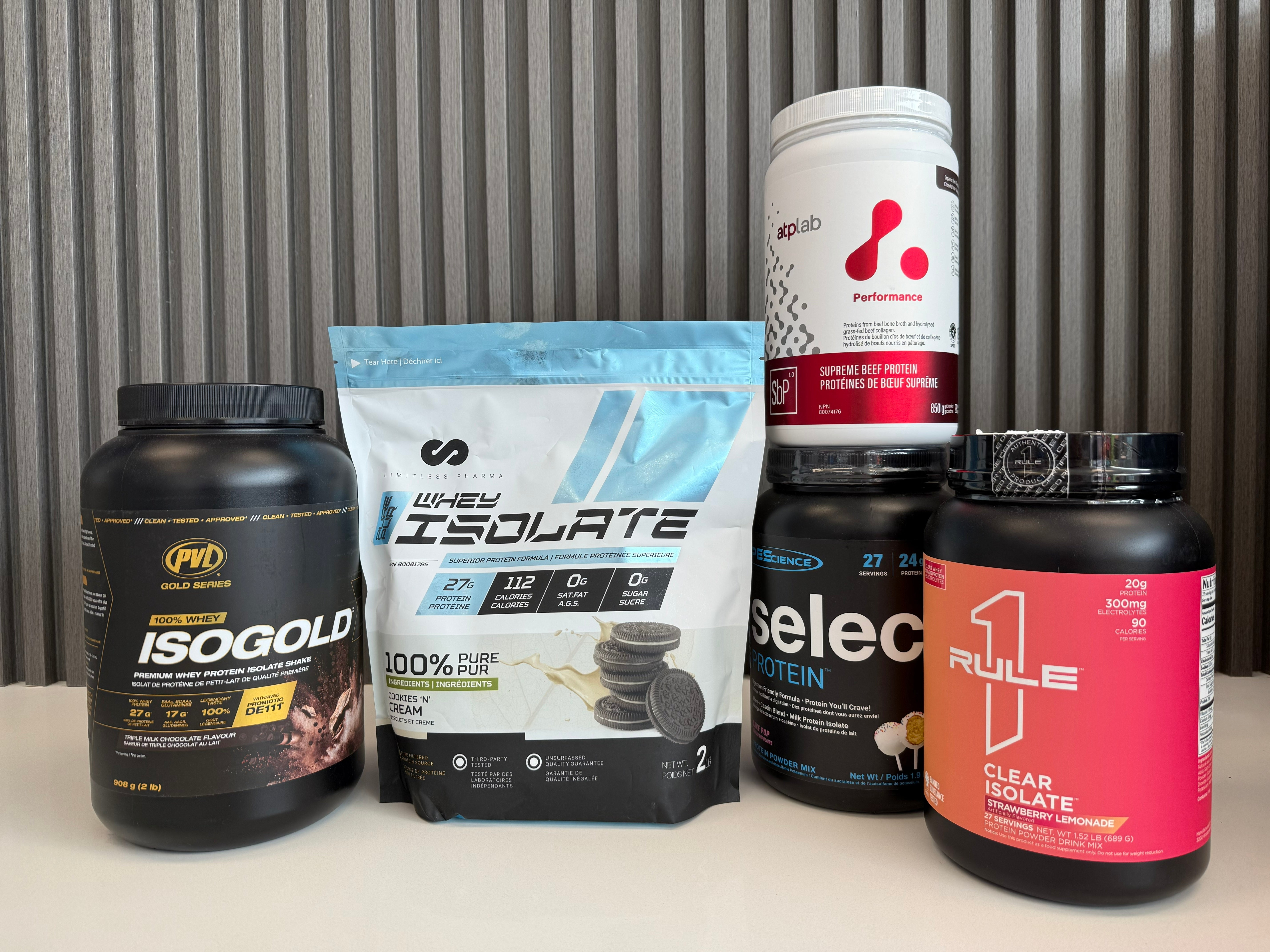
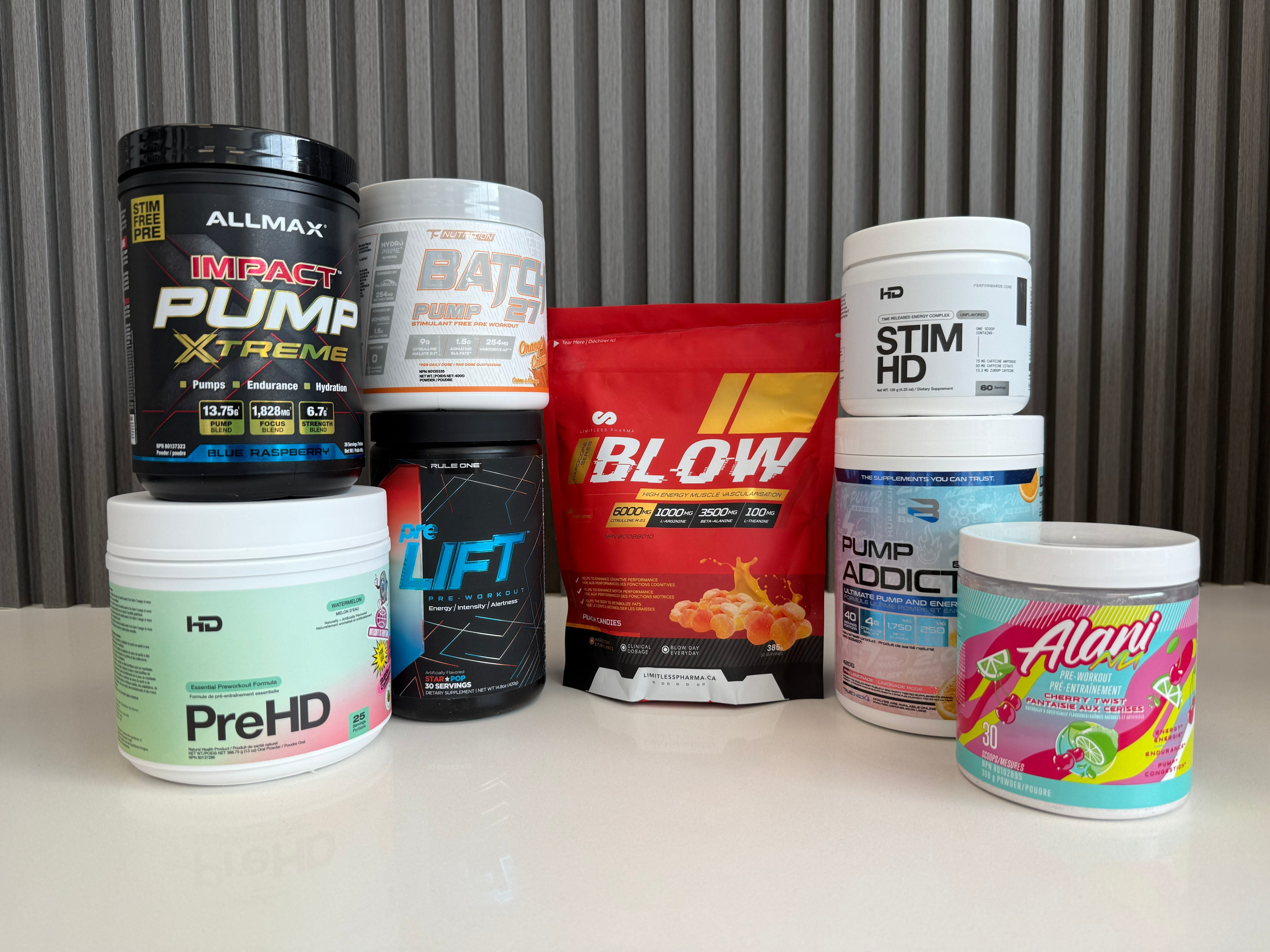
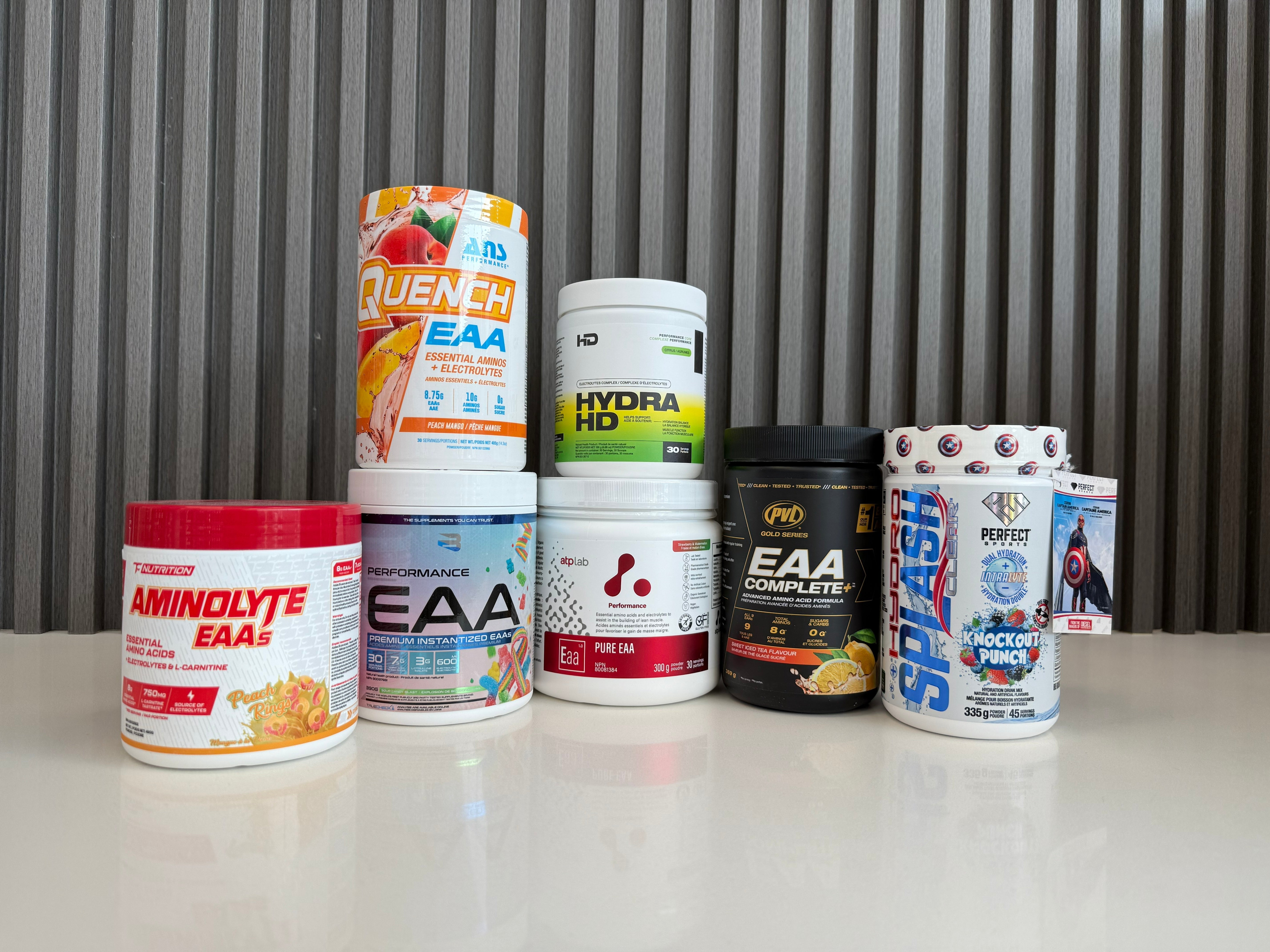
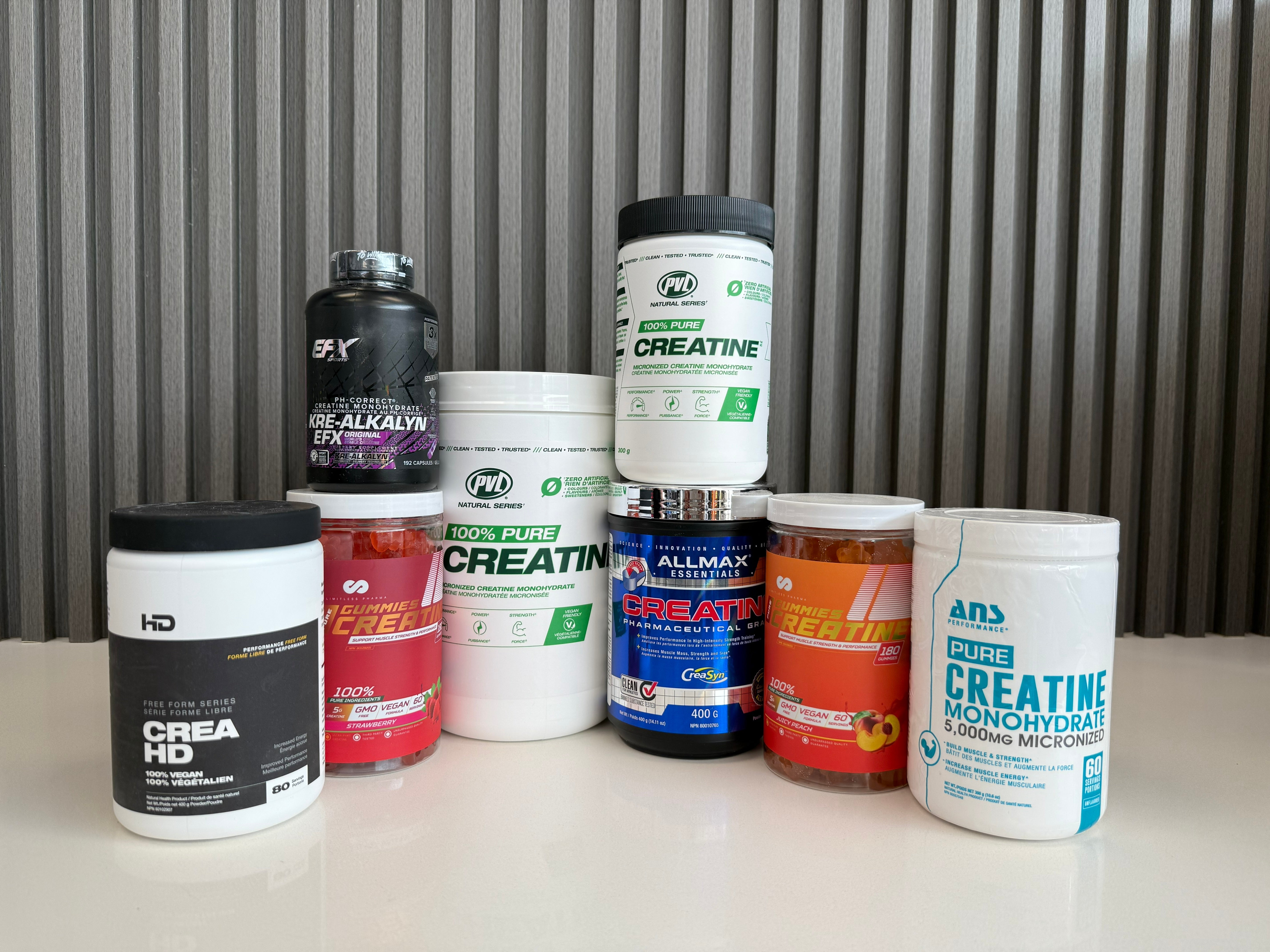
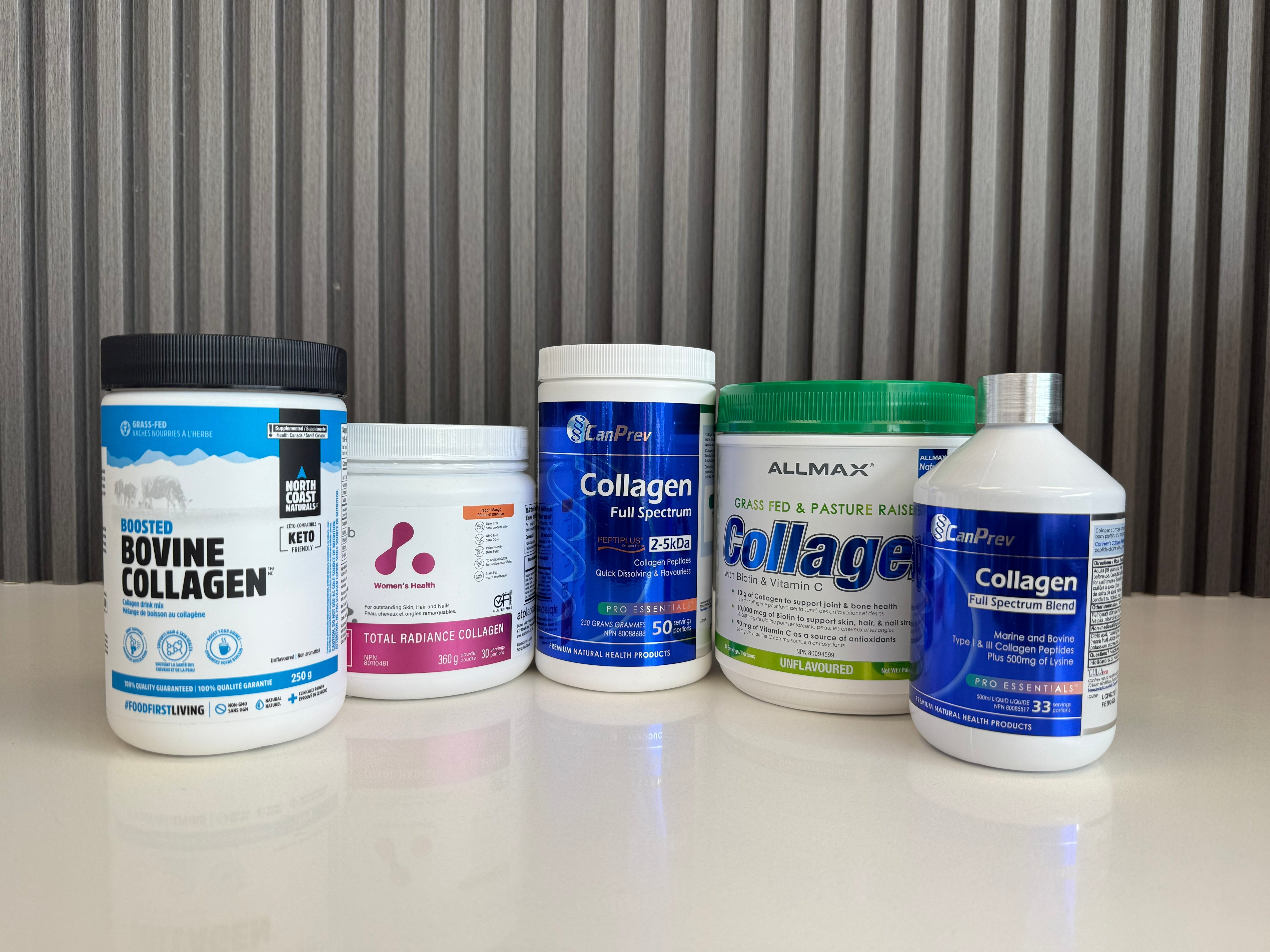
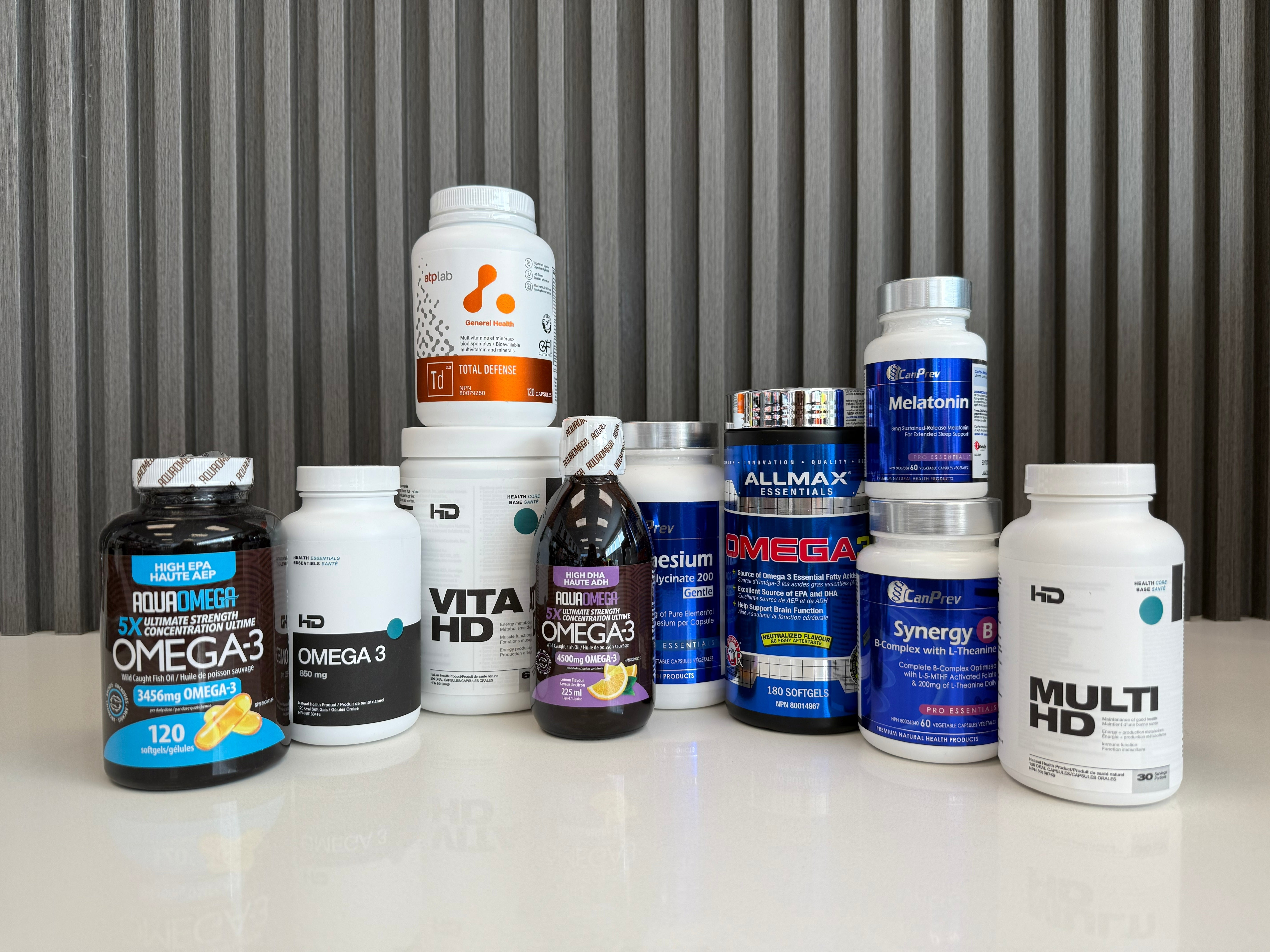
Leave a comment
All comments are moderated before being published.
This site is protected by hCaptcha and the hCaptcha Privacy Policy and Terms of Service apply.